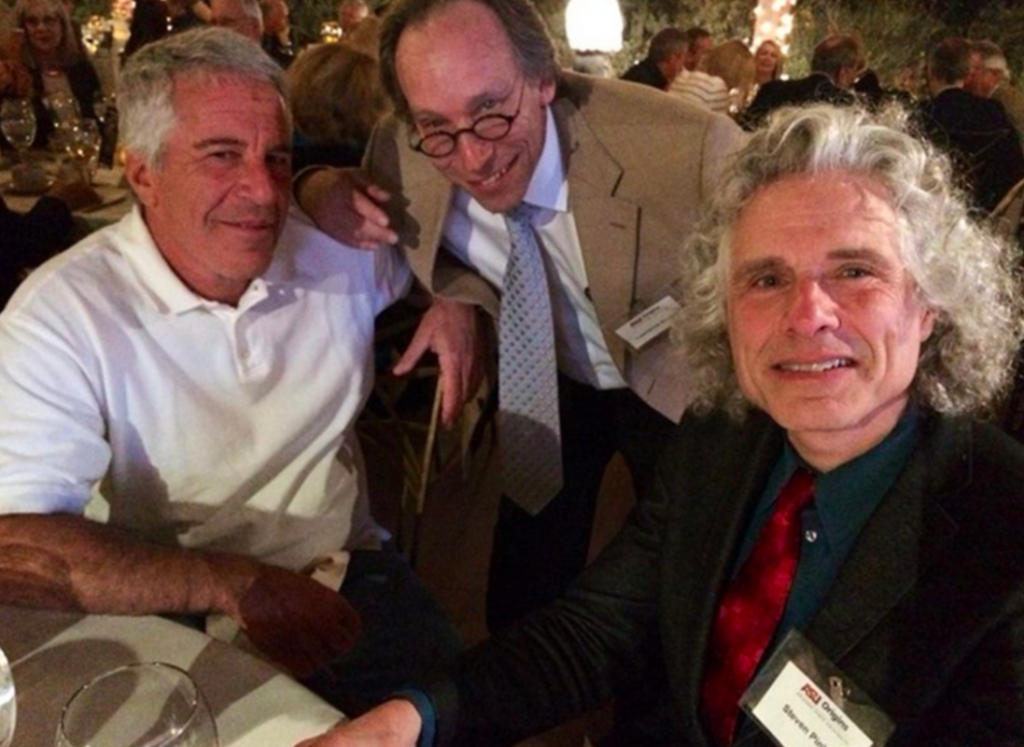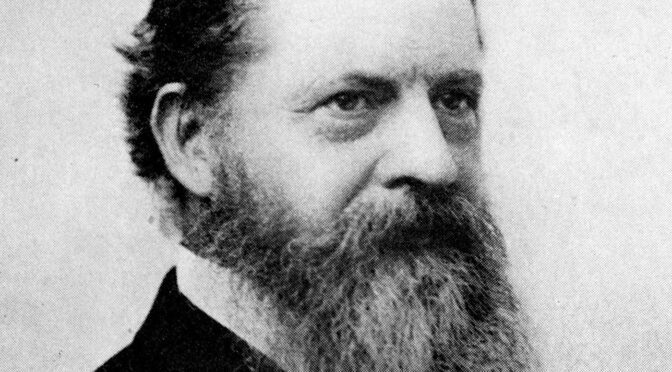To conclude, let me bring things full circle: At least some studies have shown that, to quote Phil Zuckerman, secular people are “markedly less nationalistic, less prejudiced, less anti-Semitic, less racist, less dogmatic, less ethnocentric, less close-minded, and less authoritarian” than religious people. It’s a real shame that New Atheism, now swallowed up by the IDW [Intellectual Dark Web] and the far right, turned out to be just as prejudiced, racist, dogmatic, ethnocentric, closed-minded and authoritarian as many of the religious groups they initially deplored.
Godless grifters: How the New Atheists merged with the far right
I have followed some of the new atheists with interest for the last 20 years or so. I can also acknowledge that some of them have produced well-accepted academic work in the past. They have also found themselves justifiably ensconced in popular culture (Richard Dawkins’ Memes). I have even used some of their criticisms of Evangelicalism in my work, because I thought it prudent to include voices unlike our own. And some of their criticisms were, unfortunately, warranted. But I think Phil Torres’ critique of this crowd exposes a wide variety of their mendacious behavior, and their association with the worst elements of our society, make this read essential for those who would want to hear opinions from more than their insular compatriots.

Am I disappointed in the bad behavior of these who wanted to think of themselves as the guardians of truth and defenders of the real world? No, not really. I never placed “faith” in them as if they were pure-minded and honest dispensers of the truth railing against the stupidity of religious people. Already they had made of themselves a degenerate subset of humankind by prejudicially exorcising every version of morality and spirituality (irony intended). Curiously but not unexpectedly, they have made common cause with those evangelicals, the majority of Congressional Republicans, and others who have denounced honesty, morality, science, intellectual integrity, and education as routes to human improvement. The new atheists and culture warriors have produced in themselves mirror images of degenerate humanity, the former by truncating spirituality, the latter by truncating the real world and the intellectual integrity of a scientific worldview. Both modalities are betrayals of personhood as made in the image of God. Both lead to precipitous and unwarranted certainties that eventually lead to the loss of personhood.
Now, let’s get the obvious critique over with now. Am I faultless in my accusation of my contemporaries? Not at all. I see the loss of my memory, narrowing of my focus, encroaching senility, and physical decrepitude as persistent companions. I am not making any claims to being above the fray. And I am not suggesting some particular version of human perfectibility. No, I am rather suggesting a return to humility about the weakness of any supposed absolute apprehension of our purpose in life as a ground for future action. I am suggesting a return to humility in the face of vast unknowns in a universe wider than any one person’s comprehension.
I am also not suggesting that humans cannot master some aspects of reality, or that mastery of reality is an error. I am asking for well corroborated humility in our assertions because of the incredibly hard slog required for even modest growth as individuals and collectively as the human race.
I believe there are absolutes, though I am fairly certain that humans can not annunciate them with any sense of perfect scientific clarity. Absolutes are the domain of metaphor, poetry, art, and prayer, and are part of a well developed sense of place in the unimaginably large cosmos. Absolutes declared with intellectual honesty must always be paired with the caveats of our incomplete and incompletable knowledge.
Because of the threat posed by knowledge, the evangelical culture warriors have abandoned the proposition that education is useful. Doubling down on indoctrination, they model the same authoritarian pose taken by the Russian and Chinese communists. This irony is lost on them who haven’t taken the time to explore why they are doing what they are doing. They think that protecting the borders of their enclave by shutting out the other is an effective strategy for protecting their purity. Attempting to take political control of their environment they can’t see that in their fear of reality they have partnered with a wide variety of people who easily, and laughingly take advantage of them. They unwittingly commit themselves in these alliances to courses of action that betray the essential principles of their lives and faith. Attempting to keep their hands clean from the political fray, they close their eyes to the inequities perpetrated in their names, and shut out any criticism of their allies. But in doing so, they find out that their views and activities are poorly thought of by reasonable people. And yes, the term “reasonable” unspecifically refers to people who can reason through to a conclusion without damaging people or reality, a delicate walk through the garden of God. “Does not the ear test words as the tongue tastes food? (Job 12:11 NIV)”
To conclude, I implore those who have ears to hear, to listen to the Spirit. I am not speaking about religion or any particular version of religion, but to the Spirit of God, the voice that transcends and comprehends our grubby existence completely and offers a hand up to those who want it. I implore those who are engaged in the culture war to abandon the blindness that reacts out of fear and find a better explanation for what you see. Search a little harder. Go beyond your boundaries to the world ignited by love and care, wisdom and knowledge, to see God’s gracious reality fully featured before you. Permit yourself to be judged in the loving hands of God, to make amends where needed, to adjust your course toward all life, to abandon prejudices cradled to your breast when they come to light. Do not be afraid to explore, to test out the voice of God and see redemption begin to make your life flourish in the garden of God.


